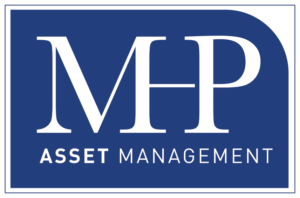There are certain times that I will invoke the use of a fixed index annuity or indexed universal life policy that have a certain crediting strategy that appears to be almost too good to be true. The indexed annuity or the indexed universal life fits certain portfolios for a portion of an overall strategy. If a client is looking for income or wants to place an amount of their money in a vehicle that can grow without equity market risk, a fixed indexed annuity may be a good fit. An indexed universal life policy may be a great addition to a portfolio if you want a death benefit, with cash accumulation and maybe some chronic illness benefits. What most fixed indexed annuities and indexed universal life policies have in common is a crediting strategy that allows for growth that is in relation to an equity index, i.e. the S+P 500 that is capped on the upside but usually has a floor of zero for losses. The client has no market risk for losses. When I explain this to clients, the next question is “How can they do that”! The answer sounds very technical, but is really quite simple. First off, all this is done in the insurance companies “Hedging” office or whatever firm they use to hedge for them. Typically, not always, the insurance company takes your premium dollars, let’s use $100 as an example. Using approximate dollars, the first $95.00 is invested in investment grade corporate bonds for the insurance company. Another $ 2.00 is paid in expense for the policy, like administrative, commission to agent, para-med exams if it was a life policy. The last three dollars goes toward an option contract that will go towards the index cap and crediting strategy that you chose.
Having been a manager and trader of a fund that uses options and futures hedging strategies, I can guess that they are using a spread strategy and buying a call option at the strike price of where the index is when you fund the policy, and selling a call at the limit of your index cap. The sale of this call option funds a portion of the purchase of the more expensive “near the money” call. It sounds confusing, but when you do that on a regular basis, it is one of the simpler option strategies that portfolio managers employ while managing money.
The insurance company is invested very conservatively; the client gets the capped upside to the index that they have chosen with no market risk. But there are many moving parts that must be evaluated that makes a policy good for the policy owner vs. the agent.
This part seems simple, and it is. An annuity that has “income” features or a life policy with its death benefit is the part of the insurance company’s strength and expertise that involves actuarial science and the law of large numbers along with proper assets in reserve to pay these death benefits.
Mark Patterson is Chief investment officer with MHP Asset Management and can be reached at (603) 447-1979 or mark@mhp-asset.com.

























